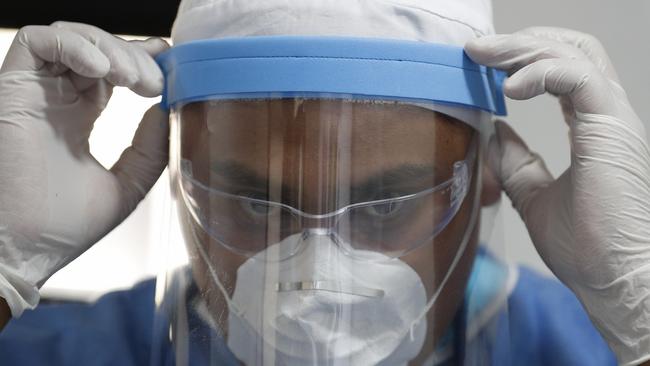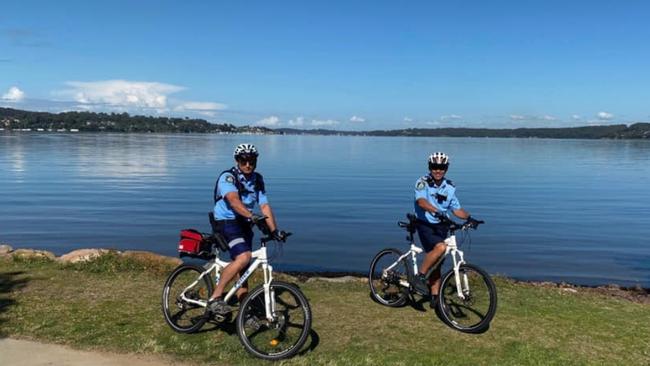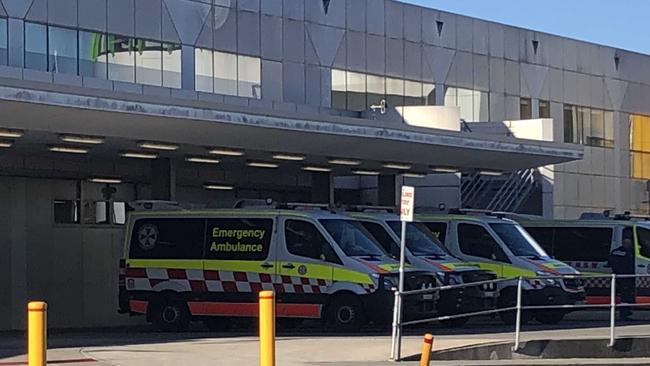COVID-19: Lake Macquarie tops Hunter for confirmed coronavirus cases, despite no longer being hotspot
It’s been confirmed Lake Macquarie is no longer a COVID-19 hotspot, but it still remains the area with the highest number of cases in the Hunter. CHECK OUT THE NUMBERS

Newcastle
Don't miss out on the headlines from Newcastle. Followed categories will be added to My News.
Hunter New England Health authorities have confirmed Lake Macquarie is no longer a COVID-19 hotspot, despite the local government area recording the top number of cases across the Hunter
In the last 24 hours, an additional two cases have been reported across the Hunter New England health district bringing the total number of cases to 278.
Currently six COVID-19 patients are being cared for in hospitals, including one in ICU, and 13 are receiving ‘hospital in the home’ support.
Across the district, an additional seven patients have recovered in the past 24 hours, taking the total number of cases recovered to 230 so far.
In Lake Macquarie, 57 cases have been confirmed, which has overtaken Newcastle which currently sits on 55 cases.

THE STATS (as of Monday, April 20)
Lake Macquarie: 57
Newcastle: 55
Port Stephens: 34
Maitland: 33
Cessnock: 24
Singleton: 3
Muswellbrook: 1
Scone: 0

TESTING TO CONTINUE
While Lake Macquarie has no longer been confirmed as a hot spots, local health authorities are urging testing to continue.
With the recent push, testing rates have increased significantly and no new cases have been identified.

Dr Dave Durrheim, Public Health Physician said it was excellent news but should not be a reason for the community to relax and undo the good work that has been done.
“These communities have worked hard with the local health service and done an amazing job increasing testing rates to give us a better picture of whether the virus is being transmitted in the community,” he said.
“It is good news but as there is a possibility that the virus can be reintroduced there is still a need for vigilance with social distancing, good hygiene and testing to continue.
Anyone who has experienced fever or the recent onset of respiratory symptoms, including a cough, shortness of breath or a sore throat should contact their GP, or present to their local hospital or COVID-19 clinic for testing.

